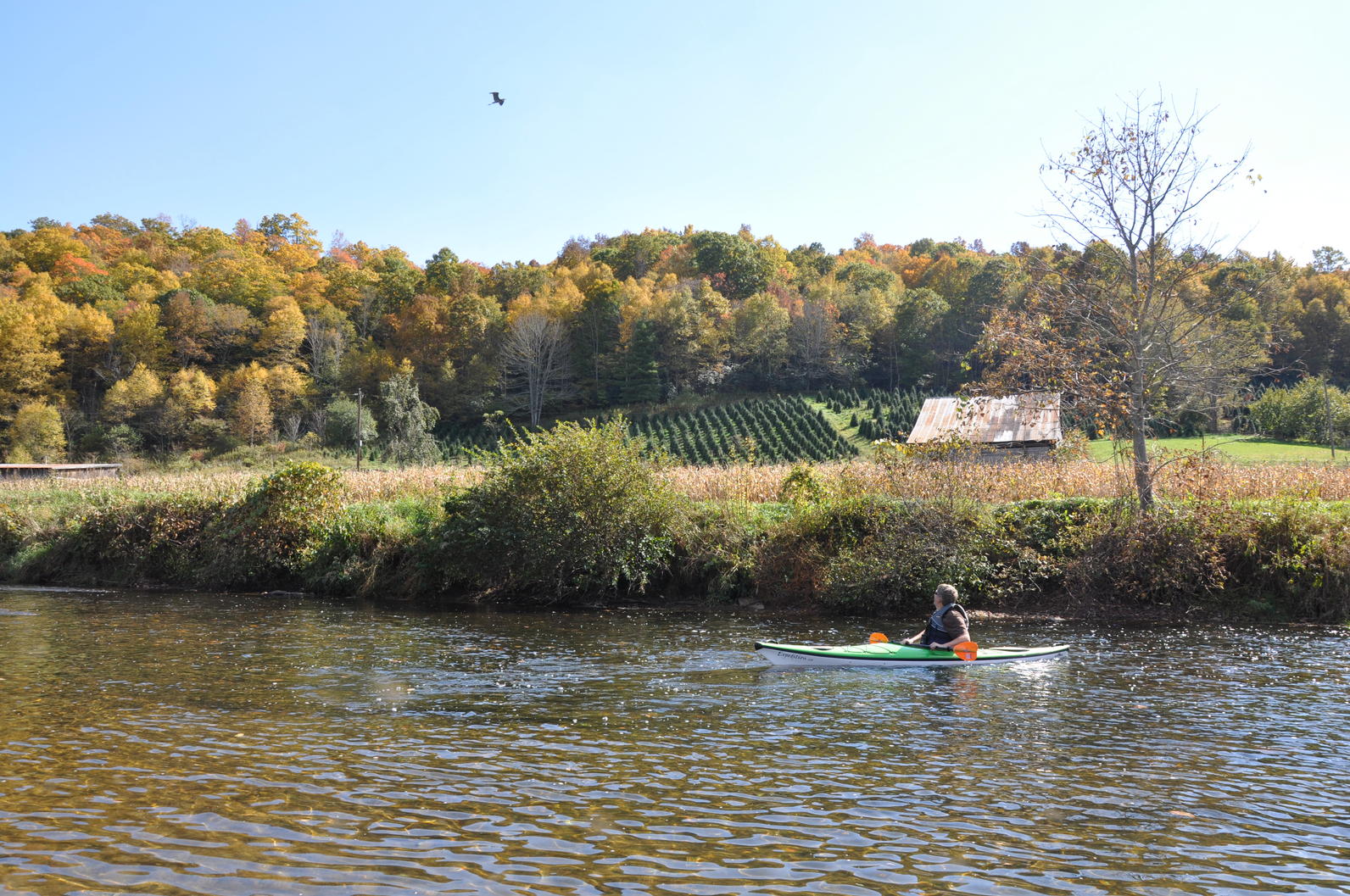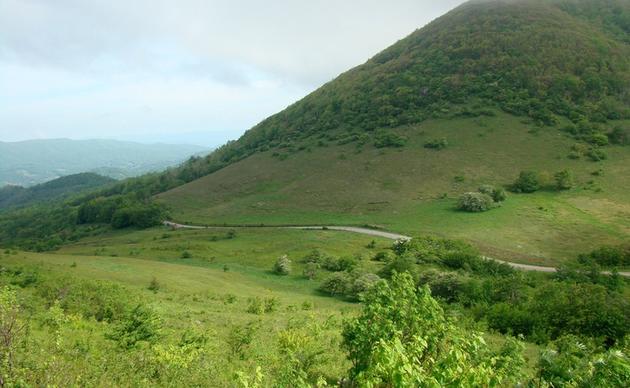Putting Working Lands to Work for Birds and People

Working lands along New River in North Carolina
Photo: Mary SmallingBecause Audubon is determined to protect birds every wing-beat of the way, we have aligned our conservation work with the major routes that migratory birds travel in North and South America, called flyways. Every year millions of individual birds travel along the Atlantic Flyway, which runs along the eastern seaboard including North Carolina. Human development and other activities constantly alter the landscapes throughout the flyway, impacting birds and other wildlife.
Through an initiative called Putting Working Lands to Work for Birds and People, Audubon is partnering with landowners to make working lands benefit birds, people and communities by focusing on forests, agricultural lands, grasslands and ranchlands. Ranches and farms comprise more than one billion acres in the United States, and forests, many of which are managed for timber, make up an additional 747 million acres. These working lands provide our food, shelter, and even homegrown energy.
Meet the landowners putting their land to work for Golden-winged Warblers.
Audubon is using a variety of tools, including permanent protection, improved stewardship and bird-friendly management to protect this mosaic of public and privately owned land. Along the Atlantic Flyway, this conservation initiative is focused on a network of forested landscapes where birds breed, as well as key stopover sites both inside and outside the United States. The most critical blocks of forest have been identified using a new mapping technique where bird density is laid over data detailing the measures of forest health.
Audubon has set an ambitious goal for working lands within the Atlantic Flyway. We intend to reach out to the landowners or public land managers of 5 million acres within the most important forested areas in the eastern United States. We will inform them of the management options that will provide the best habitats for our most vulnerable forest birds, and we will write or provide technical assistance for management plans for at least 500,000 acres of this area.
Learn more about the initiative and how you can help:
- Donate to a special fundraising campaign to save forest birds
- Priority Species: Wood Thrush
- Priority Species: Golden-winged Warbler
- How can I help put NC's working lands to work for birds and people?
- Volunteer opportunities for helping forest birds
- Watch a video about the Amphibolite Mountains, part of the Working Lands Initiative
How you can help, right now
Donate to Audubon
Help secure the future for birds at risk from climate change, habitat loss and other threats. Your support will power our science, education, advocacy and on-the-ground conservation efforts.
Sign Up For Our eNewsletter
Keep up-to-date on all that happens with Audubon North Carolina's research, events and volunteer opportunities.




